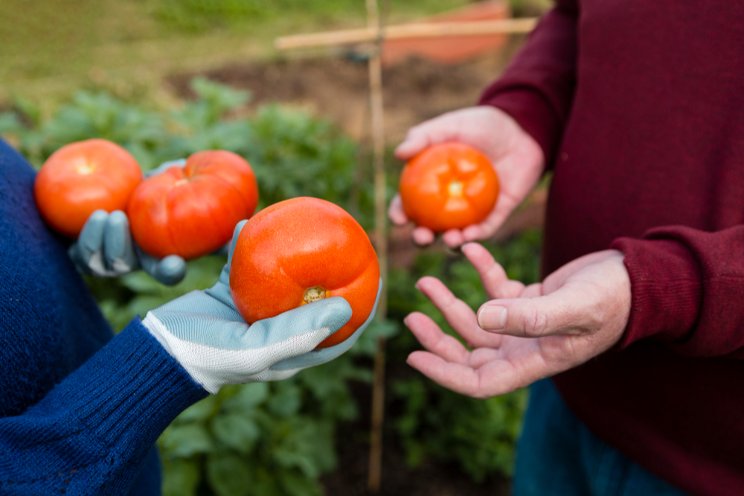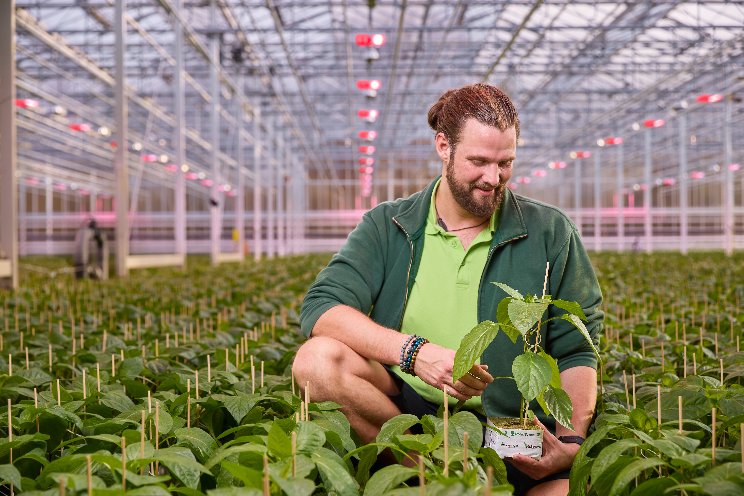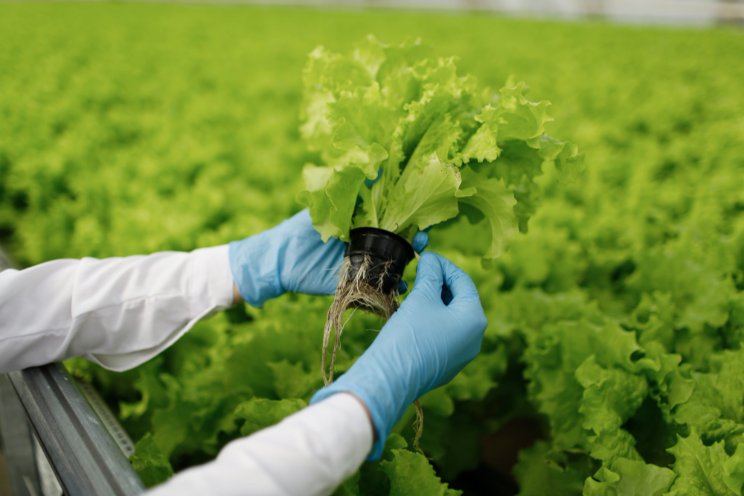BASF analyzes climate change's impact on pepper pests
Added on 22 May 2023

This was revealed last Thursday, May 11, in the presentation by Nunhems, BASF's horticultural seed business, on ″Challenges in pepper cultivation: emerging diseases and pests″, within the framework of the World Pepper Congress, which concluded that same day in Aguadulce (Almería).
During the presentation by Daniel Bellón, BASF Scientist Coordinator, he offered an overview of the evolution of powdery mildew and TSWV in different growing areas around the world, including Almería. He elaborated on the appearance of Thrips parvispinus in Spain as a consequence of climate change. ″It is a tropical insect that has been spread by globalization and has managed to adapt in less than two years,″ he said.
″Holding capacity″ as a tool
Bellón analyzed the evolution of the incidence of powdery mildew in pepper crops in the last five years. He concluded that climate change, combined with the lesser effectiveness of genetic resistance, has caused a "greater aggressiveness of the disease."
The proliferation of resistant varieties has generated resistance to the disease itself, decreasing the effectiveness in its control. So much so that, according to Bellón, it is directly impacting the evolution of organic crops. "These growers need resistant varieties, however, powdery mildew has evolved and has adapted to current resistance," he lamented.
The use of varieties with resistance, early detection and varieties with "holding capacity" (the plant’s ability to live with powdery mildew) are key elements to deal with the pathogen. "When selecting varieties, we consider not only resistance but also holding capacity," said Francisco Marín, Account Manager of BASF's horticultural seed business.
Image by Freepik
More news















